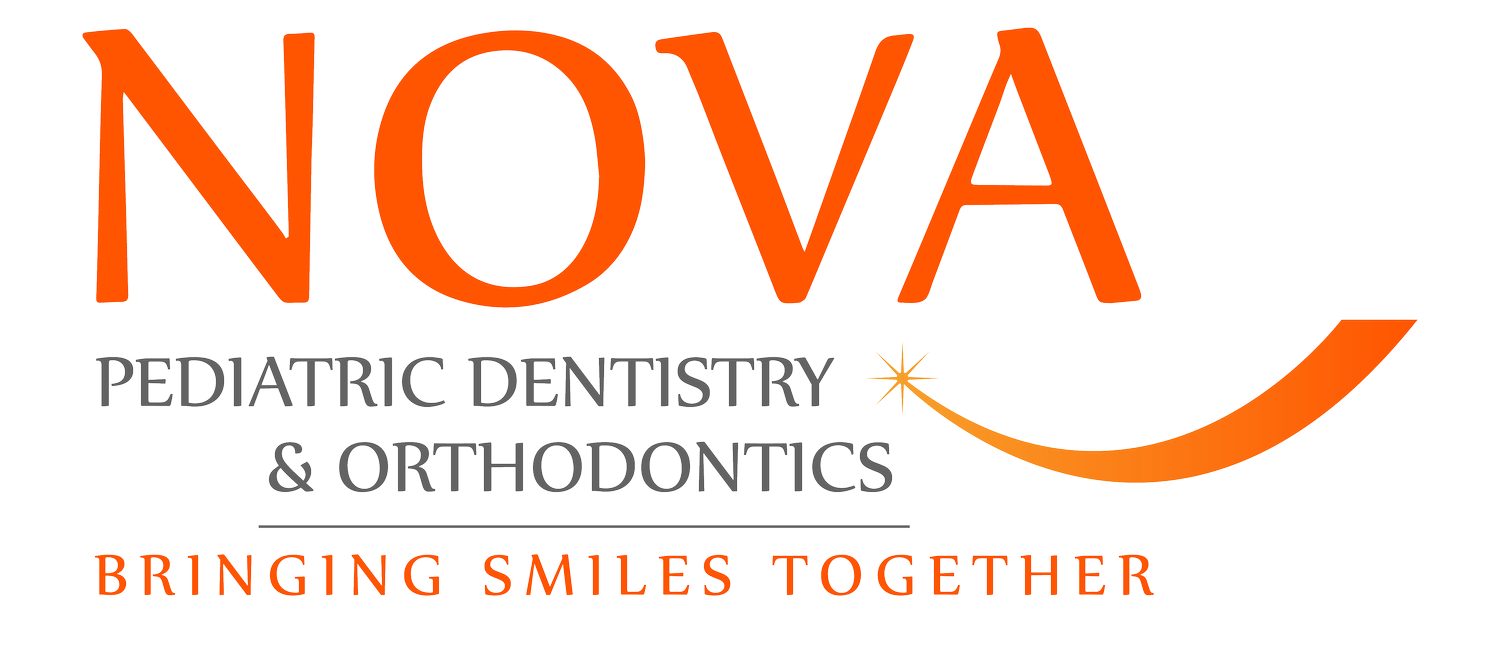How Infant Frenectomies Help Nursing Babies and Moms
Making breastfeeding a positive experience for mothers and babies is an increasing focus for healthcare providers in a range of fields. And now more than ever, NOVA Pediatric Dentistry and Orthodontics can play an important role in this key part of your child’s health.
Treating tongue or lip ties with a procedure called a frenectomy was once reserved for doctors. But now it’s safer and faster than ever before and is usually performed in a pediatric dentist’s office. The skilled providers at Nova Pediatric Dentistry and Orthodontics have the training and experience needed to perform infant frenectomies on a regular basis, helping moms and babies bond through breastfeeding.
-
A frenectomy is the removal of a small piece of tissue connecting the tongue or lip to the bottom or top of the mouth. The tissue, called the frenulum, is tiny but has a big impact on a child’s ability to move his or her tongue or lips. And problems with the lip or tongue can make breastfeeding challenging at an important time.
There are two primary frenula in your baby’s mouth: the lingual frenulum and the maxillary frenulum. The lingual frenulum attaches the tongue to the bottom of the mouth. When the lingual frenulum is too short, it limits movement and the ability to stick out the tongue. The maxillary frenulum attaches the upper jaw to the inside of the upper lip (just above the front teeth) and can limit the sucking action of the upper lip if too short.
-
As we become more aware of the importance of breastfeeding, catching and treating tongue and lip ties early becomes key. And as lactation consultants will confirm, the key to successful breastfeeding is a solid latch. When a baby has a problem latching on to the breast, there’s a chance that a lip or tongue tie may be involved. According to the National Institutes of Health (NIH), between four and ten percent of children are born with a tongue tie.
The limited motion of the tongue caused by a frenulum that’s too short can be a big barrier to latching. (The problem occurs mostly in breastfed babies as bottles tend to require less suction). Babies whose tongue or lip movement is impeded can have trouble keeping their mouths on the breast. This can lead to a refusal to breastfeed and problems sustaining a healthy weight for babies and to breast pain, low milk supply and increased frustration for mothers.
Preventing the disruption of one of the most important elements of bonding between a mother and child can now be done quickly and easily in our office. And according to the NIH, studies show that frenectomies show a positive benefit for infants with tongue ties–without serious complications.
-
In the past, most frenectomies required a scalpel and stitches–and often anesthesia to prevent pain. And the procedure was usually performed by pediatricians and ENTs. In the past, because of the risks of general anesthesia, some doctors declined to treat tongue ties in babies, leading parents to turn to bottle feeding. But with the advent of laser technology, dentists are increasingly trained in laser frenectomies and are even more likely than medical doctors to perform the procedure.
-
Laser technology has turned the frenectomy into a quick procedure with a fast recovery time. The procedure takes just a few minutes, and most babies are able to breastfeed immediately after the treatment.
The laser essentially vaporizes the tissue, so there is no cut, no blood and no stitches.
A laser frenectomy requires no anesthesia and there is generally very little pain or swelling following surgery. Laser frenectomies also offer a low risk of infection.
Another benefit of a laser frenectomy during infancy is the elimination of potential eating and speech problems later in childhood
-
Since pediatric dentists specialize in oral care for children and babies and children, dentists are the optimal providers to perform an infant frenectomy. At NOVA Pediatric Dentistry and Orthodontics, our dentists have extensive training and years of experience in laser frenectomies for infants. And we’re able to treat infants without anesthesia right in our office, where parent and baby feel comfortable and at ease.
If achieving a solid latch is a problem, we encourage you to schedule an appointment. We’ll assess your child’s frenulum and, if appropriate, bring relief to mom and baby with a quick and simple laser procedure. Oral care in young children goes way beyond the teeth, and in the case of a tongue or lip tie, the first few weeks are the most important of all.
